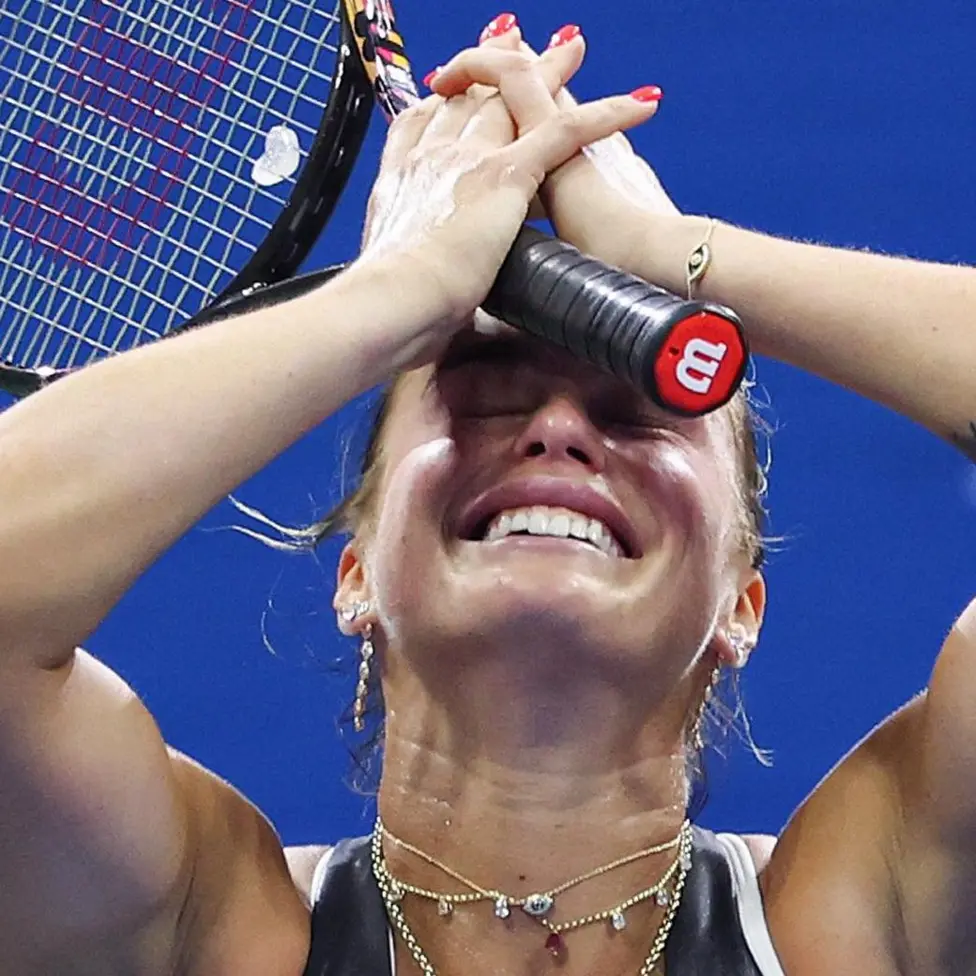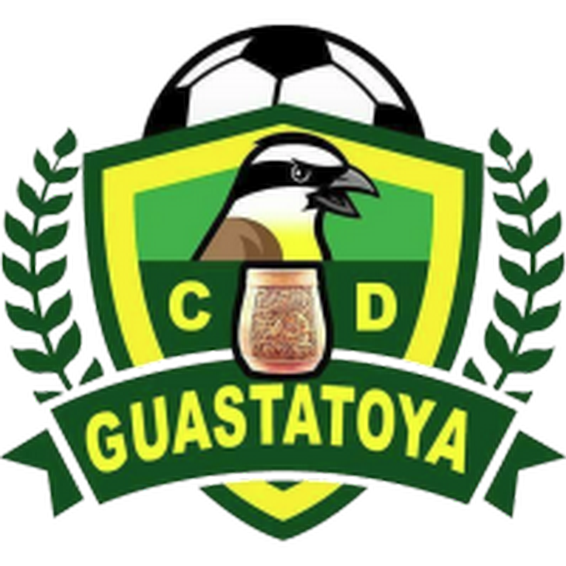
Valuable Lessons and Tough Losses: Aryna Sabalenka Rollercoaster 2025 Season
How the world number one turned heartbreak into growth amid triumphs and turmoil
You can tell exactly how Aryna Sabalenka feels without needing to hear a word. A clenched fist, an eye-roll, a roar to the heavens — every emotion she feels on the court is written across her face. It’s what makes her one of the most watchable, and at times unpredictable, players in tennis. In 2025, that emotional transparency was both her greatest weapon and her biggest obstacle.
The world number one began the year chasing history — bidding to become the first woman since Lindsay Davenport in 1999 to win three straight Australian Open titles. By the end of the season, she had defended her US Open crown, spent over a year at the top of the rankings, and lost another dramatic WTA Finals showdown. It was a year of growth, heartbreak, and ultimately, valuable lessons.
The Paris pain: lessons from the French Open final
If one match defined the volatility of Sabalenka’s 2025 campaign, it was her French Open final defeat to Coco Gauff. Under the swirling Parisian wind, her powerful baseline game deserted her. Seventy unforced errors later, Gauff had the title — and Sabalenka was left apologising to herself, her team, and her fans.
“It was the worst final I ever played,” she admitted through tears. Later, she doubled down, suggesting that Gauff “didn’t play incredible — I just made all of those mistakes.” The remark drew criticism, forcing Sabalenka to apologise publicly.
For many, it was a reminder that her emotions — the same intensity that fuels her thunderous forehand and fearless aggression — can also consume her. Yet for Sabalenka, this was a turning point.
“You lose the final of the biggest tournament and you don’t think clearly,” she reflected later in the year. “I had to sit back and reflect on everything… It was a tough lesson but it helped me in so many different ways.”
From double faults to dominance: Sabalenka’s long road to control

A graphic showing Aryna Sabalenka year in numbers
To understand Sabalenka’s emotional journey, you have to rewind to where it all began. A few years ago, her game was raw, her serve unreliable, and her emotions often uncontrollable.
In early 2022, during a match in Adelaide, Sabalenka famously hit 21 double faults and even resorted to underarm serves. It got so bad that the umpire asked if she was injured. After the match, she broke down courtside, hiding her face in a towel as tears fell.
That season, she ended with 428 double faults — more than any other player — and no titles. The mental weight of her father’s death in 2019 only deepened the struggle.
“I really wanted to win a Slam for him,” she said later. “I put too much pressure on myself. I wanted our family name to be in history.”
It took years, a reworked serve, and a new mindset to turn things around. When she finally lifted her maiden Grand Slam trophy at the 2023 Australian Open, it felt like a release. “I realised nobody could help me but myself,” she said at the time.
By 2025, Sabalenka had found that balance — or at least learned how to fight for it.
Learning to feel without breaking: Billie Jean King’s insight
Tennis legend Billie Jean King once said: “The best players aren’t mentally stronger — they’re emotionally stronger.” That quote could have been written for Sabalenka.
At Wimbledon, she embodied that philosophy. Against home favourite Emma Raducanu, she stayed composed through a tense third-round clash that could easily have derailed her in the past. “Maybe earlier in my career I’d go crazy and lose that set,” she smiled afterwards. “But this time, I told myself, don’t waste your energy — keep it inside.”
Even when she fell short, like in the semi-final loss to Amanda Anisimova, Sabalenka’s self-awareness stood out. “I wasn’t brave enough,” she admitted candidly. But instead of spiralling, she took a holiday, reflected, and came back stronger.
Redemption in New York: Sabalenka’s most mature performance yet
By the time she arrived at Flushing Meadows to defend her US Open title, Sabalenka had one mission: to play on her own terms.
She marched through the draw with the kind of composure and consistency that once seemed beyond her. When she met Anisimova again in the final, it felt like fate — the same opponent who had out-fought her at Wimbledon.
This time, though, Sabalenka was different. Even when she missed a routine overhead while serving for the title, she didn’t panic. Instead, she smiled, shook it off, and regrouped. Though she was broken in that game, she dominated the tiebreak, capturing her second straight US Open crown.
“I knew I deserved this,” she said afterwards. “All the hard work, all the lessons — it had to mean something. I became a better player, and I have better control over my emotions.”
It was, by her own admission, one of the most meaningful wins of her life.
The human behind the champion
Part of what makes Sabalenka’s journey so compelling is that she doesn’t hide her flaws. She admits when she overthinks, when she lets frustration take over, and when she feels lost. But she also laughs at herself — a sign of growth few champions ever show.
After losing the WTA Finals to Elena Rybakina, she shrugged off the defeat with humour and perspective. “After a little time, I actually feel great,” she said with a grin. “The bad thing this season is I lost most of the biggest finals I made. So I guess I’ll just sit back in the Maldives, have my tequila, and think that it’s been pretty good so far.”
It was classic Sabalenka — honest, fiery, unfiltered, but also full of perspective.
What 2025 taught Sabalenka — and what comes next
In many ways, 2025 was a microcosm of everything that defines Aryna Sabalenka: power, passion, vulnerability, and resilience. She may not have won every final, but she’s no longer just the big-hitting Belarusian who plays on instinct. She’s evolving — learning to think and feel at the same time.
From the heartbreak of Roland Garros to the triumph of New York, Sabalenka proved that emotional strength isn’t about suppressing your feelings. It’s about mastering them, using them, and knowing when to let go.
“Getting this trophy means I learned a lesson,” she said after her US Open win. “I’m still learning, but I’m better now.”
And perhaps that’s the beauty of Sabalenka’s story — she’s not perfect, and she no longer wants to be. She’s emotional, imperfect, human — and still the best in the world.
As the curtain falls on another dramatic year, Sabalenka stands as proof that greatness isn’t about never falling — it’s about how you rise, how you reflect, and how you roar back with clenched fists and a smile.














































































There are no comments yet. Be the first to comment!